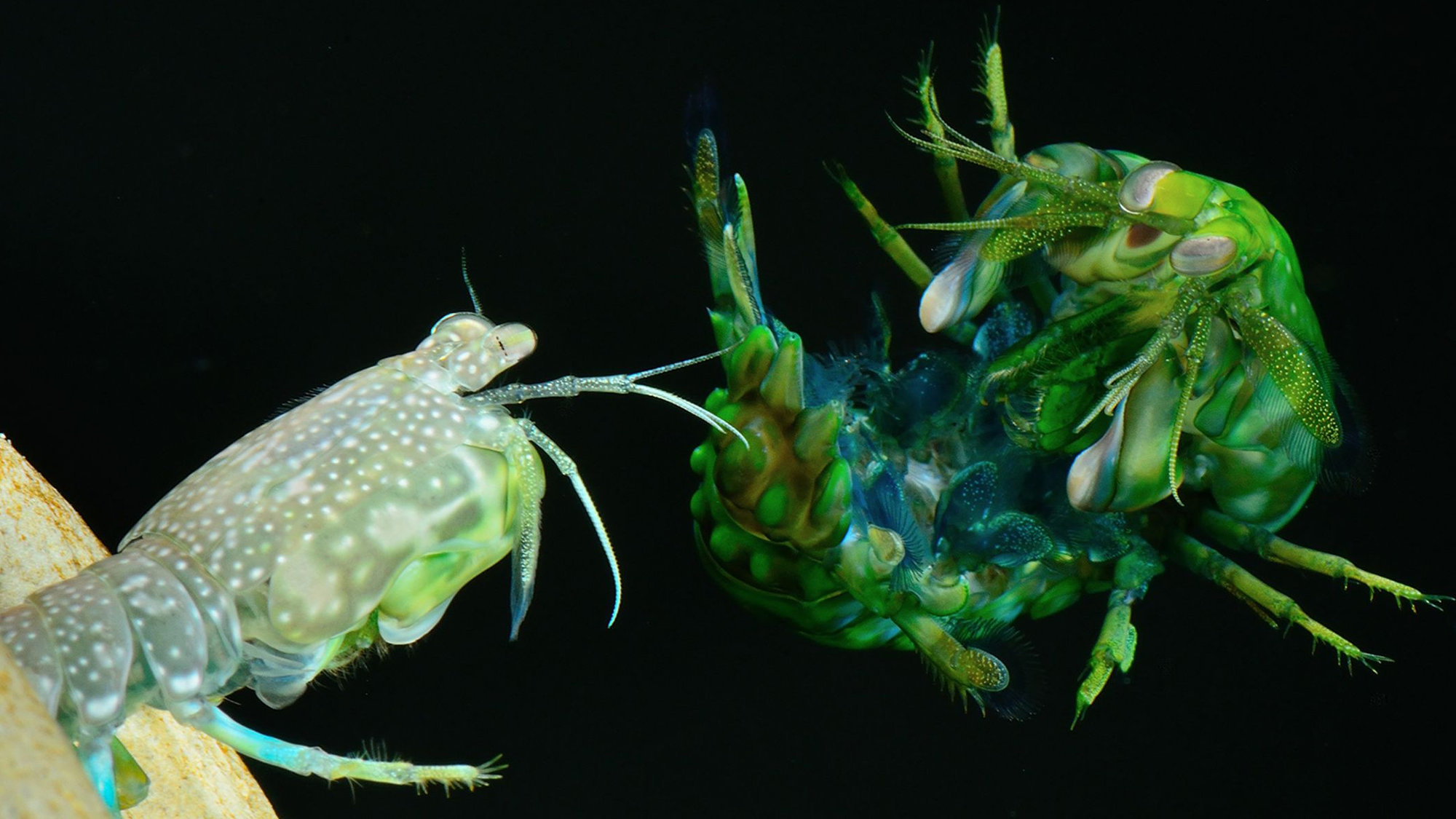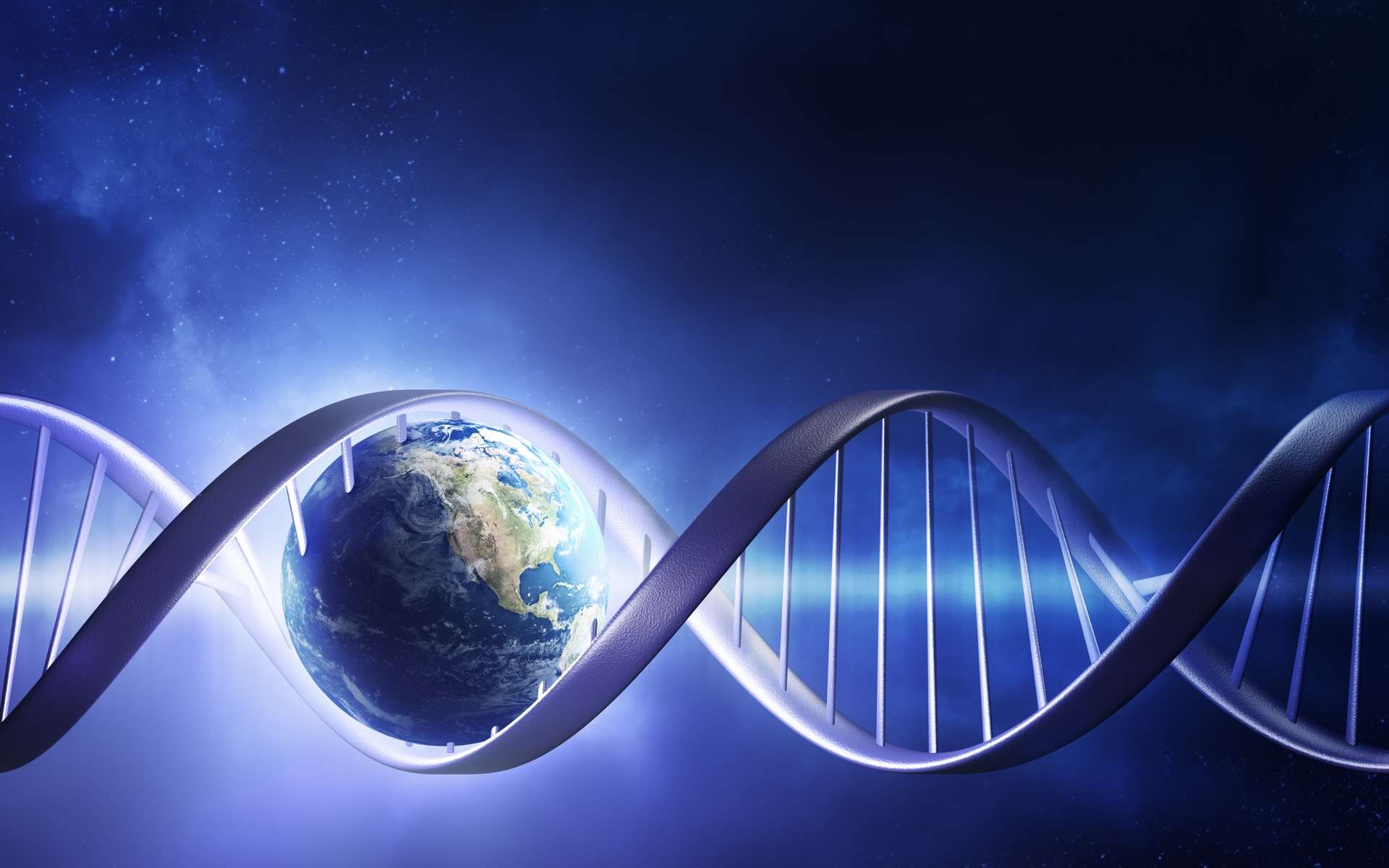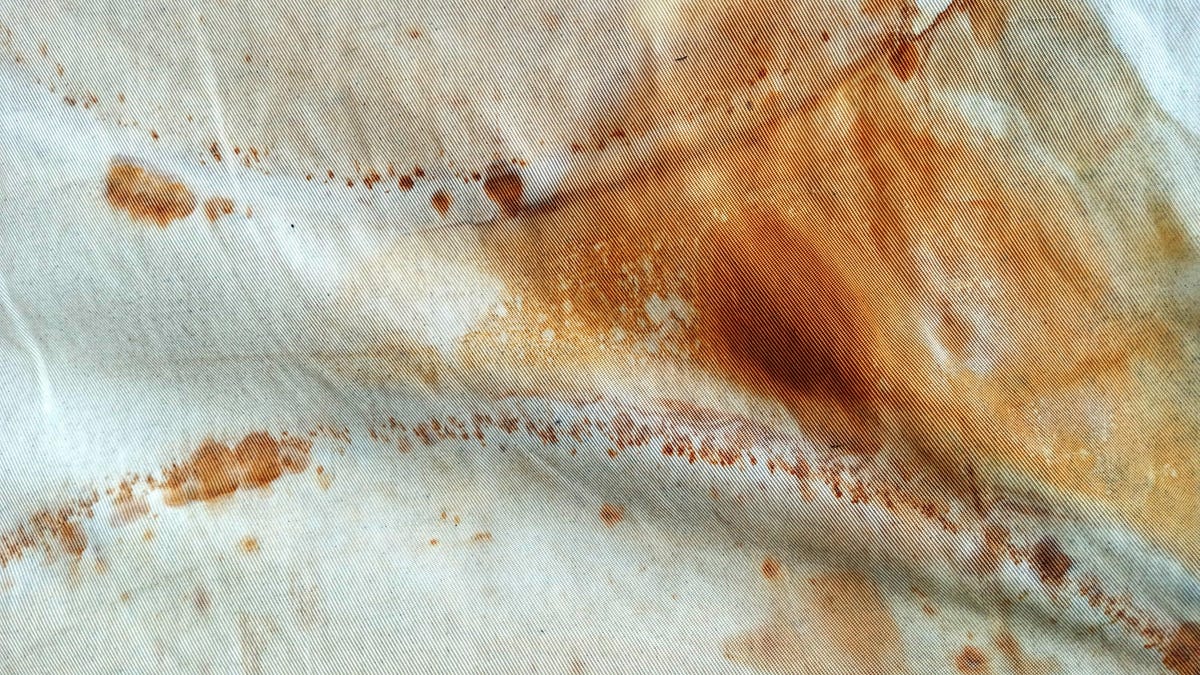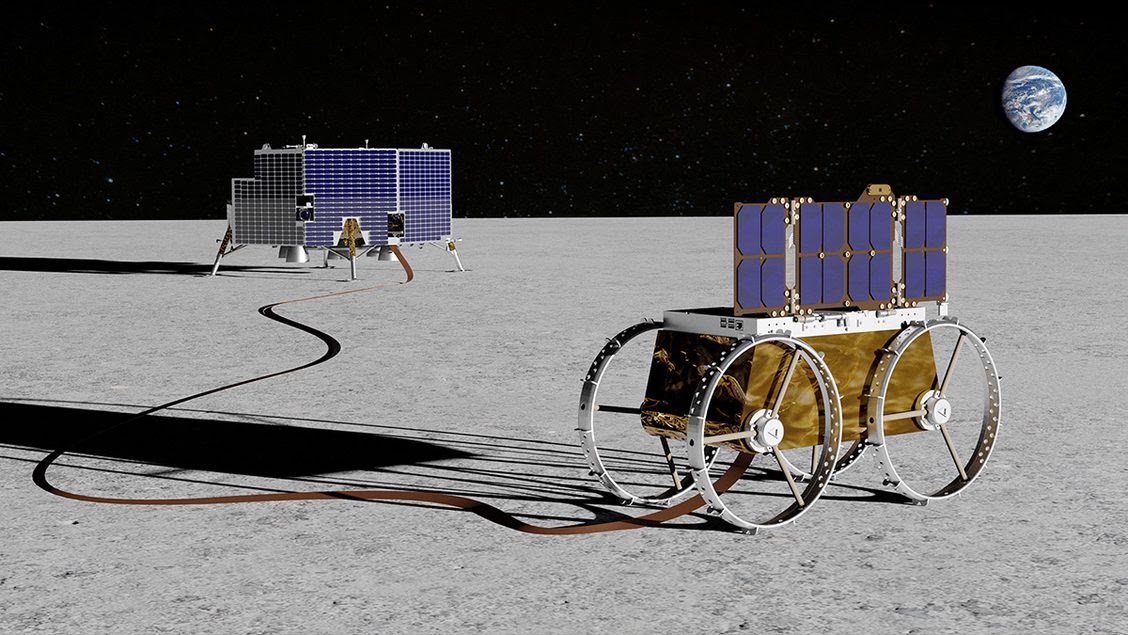Checking if the site connection is secure
www.pnas.org needs to review the security of your connection before proceeding.
Note: This article have been indexed to our site. We do not claim legitimacy, ownership or copyright of any of the content above. To see the article at original source Click Here













